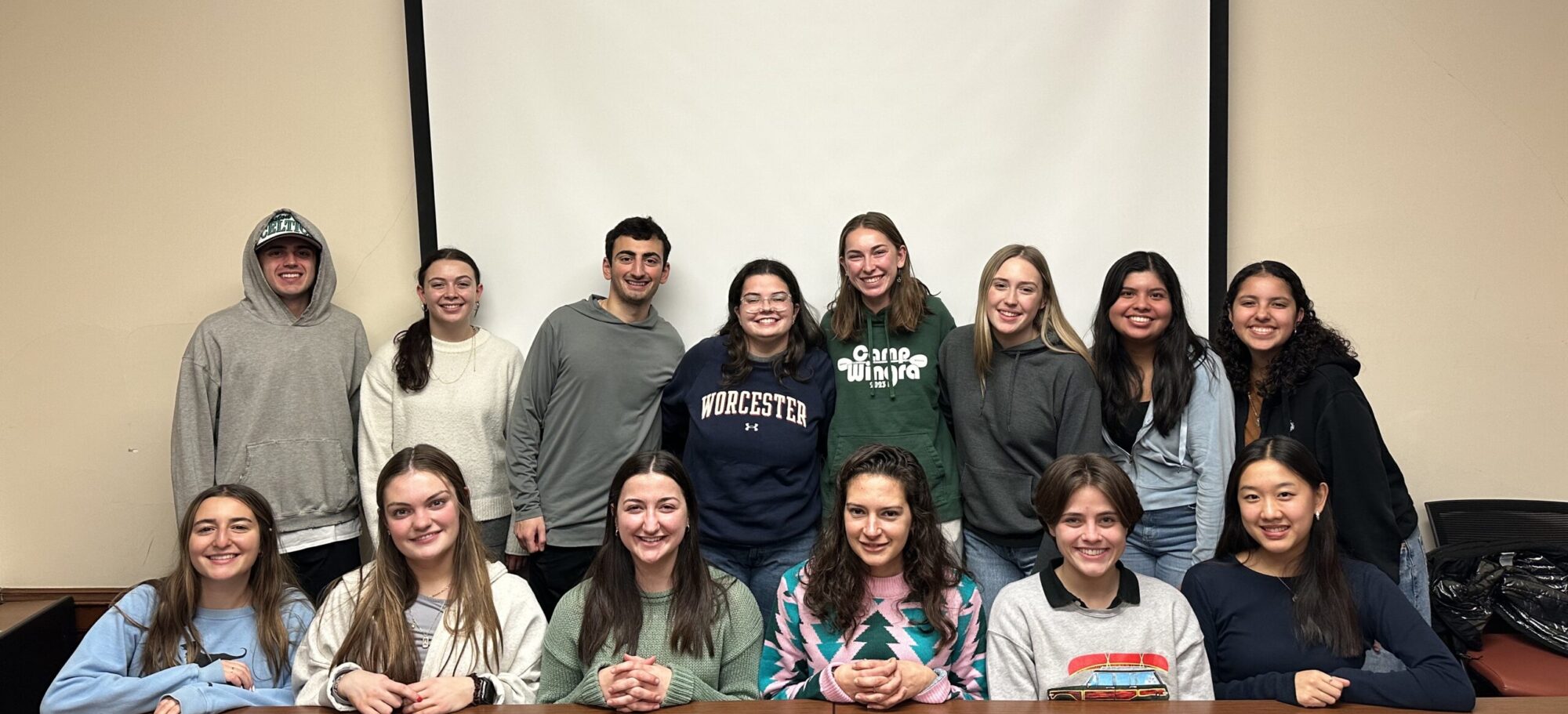When beginning my studies at Holy Cross, I knew I wanted to have a strong connection with the Worcester community; it is something I took pride in when working in the New Haven community in high school. So, when choosing a Montserrat, I chose one with a CBL component. The class worked with the Mustard Seed, where we volunteered to serve food and build an updated website. It was gratifying and brought me to pursue more CBL-incorporated courses. CBL incorporates my values of community and helping others into the exciting course material, allowing valuable learning to occur in and outside the classroom.
As a hands-on individual with a love of learning, I was most excited to be a CBL intern to increase my knowledge of social problems, local non-profits, and the city of Worcester, as outlined in the CBL Program. In addition, I have built my communication and leadership skills through working with local partners, students, faculty, and staff. I have enjoyed jumping in with both feet and learning as much as possible. The CBL Program offers students many ways to make significant contributions through direct community involvement and continued service opportunities on campus, and I have enjoyed my time in it this semester.
During my time at the Mustard Seed this past semester, I have gained experience doing manual labor such as yard work, trash duty, and serving others with food and necessities. However, the most impactful experience at the Mustard Seed has been conversing with and getting to know the people there. Mustard Seed co-founder and Holy Cross Alum Frank Kartheiser once told me that when I am at Mustard Seed, I am not giving or doing charity but standing in solidarity with my fellow person. My fellow person could so easily be in my shoes as I could be in theirs. Since Frank explained that idea and philosophy to me, my experience at the Mustard Seed has been life-changing.
I have connected with individuals and shared life experiences close to the Holy Cross. Going into this next semester, I look forward to spending time with a new community partner through the WPS transition program. Although I am a bit nervous about starting a new program, I am excited to find another CBL avenue to learn and grow at Holy Cross.


